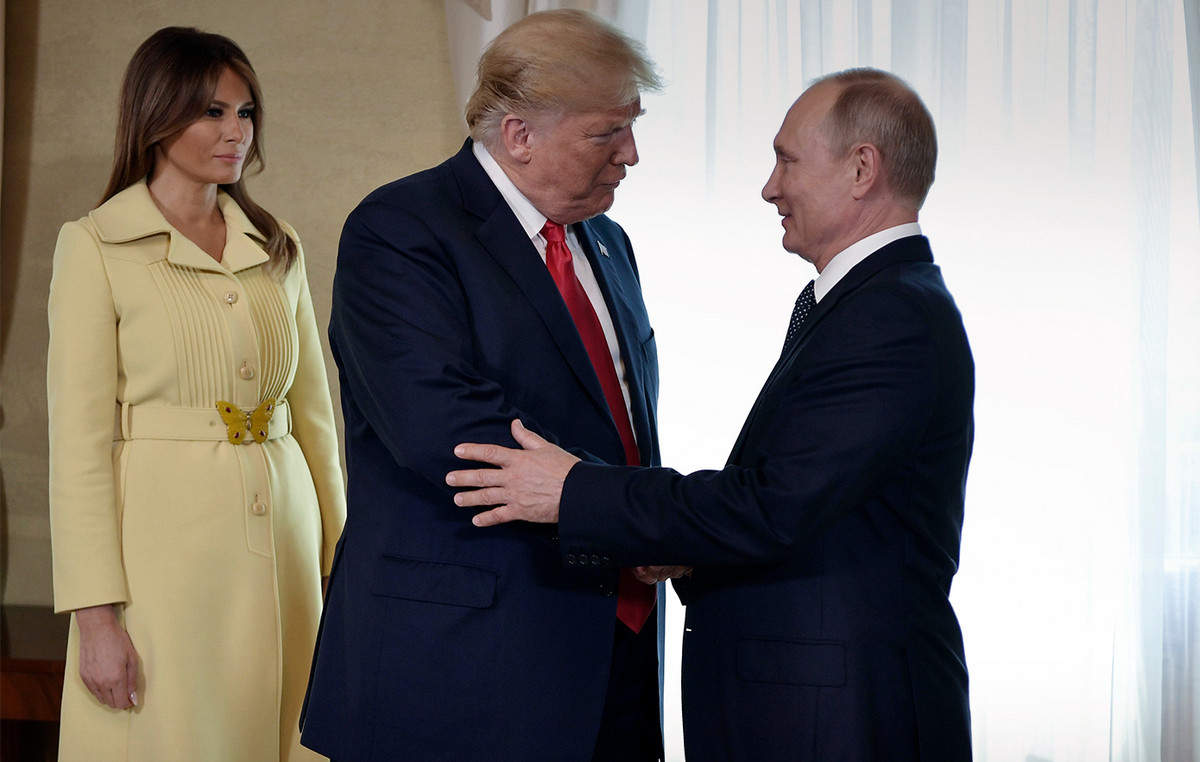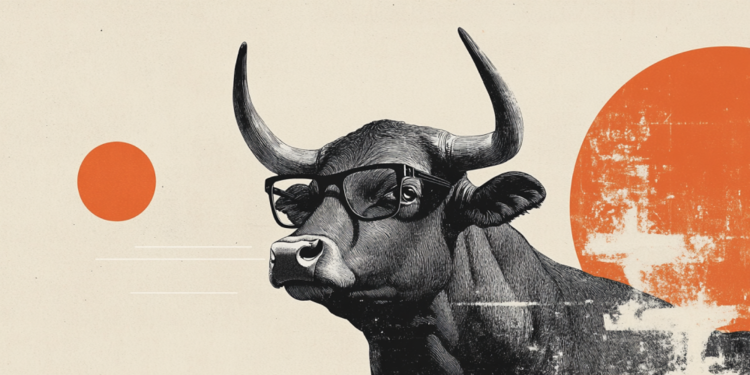It’s started Seven Days for Landscapes, festival organized by EN Collective Laboratory: is back with an unprecedented podcast version that anticipates the traditional appointment, in person, held every year in May in Piacenza. In all seven episodes – available on the storielibere.fm platform – for as many in-depth studies, lectures and meetings with psychologists, philosophers, architects, journalists and visionaries that tell how the relationship between us and the environment is changing, also due to the pandemic, and therefore also our way of living.
What is landscape anthropology and what is it for, but also why these issues closely affect all of us, we spoke with Davide Assael, philosopher and president of the Lech Lechà association. At the festival (listen to his podcast here) he told how the perceived limits, even in the moment we are living, can be an exercise to think about restarting.
What is landscape anthropology?
«It is the way of inhabiting a landscape, which is modeled according to practical, geographical but also political needs. For example, the modern city is built on the basis of capitalism, which has determined the exploitation of landscape resources for ideological purposes favoring certain needs of society. This configuration is now at the center of the debate: the pandemic has called it into question ».
Why does it concern everyone?
“Because it affects our everyday life. Landscape anthropology is based on a one-to-one relationship: on how much the landscape changes based on progress or changes in the cultural and human sphere, and on how much this changed landscape changes us. We cannot fail to be interested in changes that affect our way of life, in novelties that will solve problems and open up new scenarios ».
How has the relationship between space and society changed during the pandemic?
“This is the central question of our time. The pandemic has pointed out to us that a certain way of inhabiting the landscape, based on capitalism, has entered into crisis: it is as if it had finished fulfilling its historical function. The challenge now is to understand what are the elements to get out of this model and create a new landscape shaped according to new needs ».
What is the capitalist city like?
«It is a city structured around workplaces, that is, offices and factories (unlike the pre-Fordist one that revolved around places of worship), with a single center and then a periphery. A structure that over time has shown its limits, and a characteristic example is the problem of pollution: if everyone has to move to go to the office, there are not always sustainable alternatives to the car. All this could change in the future ».
What will the city of the future be like?
«A city with several centers, without a clear division with the suburbs. The mass imposition of smartworking has shown that you can work even without moving, so all production sites can be completely or partially decentralized: our home can become our office and, thanks to technologies such as 3D printers, also some factories may produce in more places than just one. Obviously this will also have positive consequences on pollution ».
Will it be a greener city?
«I think so, because the environmental theme has emerged forcefully, with new forms. In recent years we have already seen the birth of architectures designed to let cities breathe, such as the Bosco Verticale di Boeri in Milan, and I believe we will take a further step because, if the viability is rethought, in the new cities the green will not only have to be space between the concrete, but it will also take up the space of the concrete, occupying what is now needed for the roads leading to the workplace ».
What will be the determinant of the change?
«First of all the technological revolution, which has remodeled social relations, but also our way of working, studying, enjoying the cultural offer. Will theaters and cinemas, museums remain the same as the last two centuries? We cannot be sure, because these too are spaces that reflect a certain political fruition. We are experiencing a great revolution comparable to the industrial revolution of the 19th century, which has completely changed our way of life, and therefore also our cities. Faced with these moments of change, we are always divided between apocalyptic and integrated: those who experience these forms of innovation with fear, perceiving them as a threat because it causes a detachment from their comfort zone, while the integrated ones are those who they have lived through the limits of the previous structure and rely on novelty thinking it will solve every problem ».
Are you among the apocalyptic or integrated?
«I have a median position: I think it is a naive dichotomy because the cycles close and open. We are now critical of concrete, but concrete was once viewed in messianic terms because without roads one would continue to walk in mud. In essence, I believe it is an apparent contrast, because the apocalyptic and integrated front are part of the same framework ».
What can we do to be decisive in the construction of the new space?
«To be aware that each scenario solves problems and causes others. We must not rely on what arrives, but decipher the new logic of space, and then shape it with our behaviors, on our needs ».
Do you believe in a compromise between virtual and real life?
“I don’t think virtuality will completely replace personal relationships, but the criteria for choosing physical relationships will certainly change: I won’t be forced to live in the office with colleagues that sometimes I don’t even respect, but I’ll be free to select who to see outside. This will profoundly change cities. In the meantime, we will understand that interpersonal relationships, with the aspects and emotions that run through them, can also pass through another medium: a relationship via Skype can have its own emotional dynamics, as once there were letter friends with whom you he wrote endlessly without ever meeting or to meet once or twice in his life. We must start with confidence, from the assumption that society is resilient: it finds unexpected ways of realization. Maybe in thirty years the exceptional will no longer be virtuality “.
What role will virtuality play in the cultural world?
“We can’t say exactly what will happen, but we already have evidence that technology will profoundly change the landscape. Let’s take museums for example: a new idea is in the works, according to which a virtual museum is not simply a 3D reconstruction of the real one, but an opportunity to enter the works, enjoying art in a completely new way, with an idea very similar to that of Mary Poppins who (in the first Disney film, ed) enters the picture). It will be all to be discovered ».
Could the return to small towns be a solution to rediscover a “human” dimension?
«Yes, this too will be the future because small is no longer remote: returning to the villages is not a return to a past, but a possibility offered, also in this case, by the new technological dimension. In the era of superfast internet from small towns you can connect with the world, and this allows you to live in different dimensions from large urban agglomerations ».
What space will ecology have in the new anthropology of the landscape?
«Ecology will undoubtedly play a fundamental role because the crisis of the capitalist model we have spoken of is manifested above all in the relationship with the environment, so altered by limitless exploitation that it is strongly endangered. With consequences, as reported by many, potentially devastating. In addition, it must be said that ecological and environmental issues are deeply felt by the younger generations, as evidenced by the success of a character like Greta Thunberg, who inspired the movement Fridays For Future. These generations are the ones who will take care of building the world of tomorrow, so it is foreseeable that they will transfer this sensitivity to the different roles they will find themselves occupying ».
Will the relationship between us and the domestic space also change?
«We are on the threshold of yet another stage of the digital revolution, which is 5G, the internet of things, which will also allow us to make appliances communicate with each other and therefore to live in our home being outside. For example, watering the plants with a click from the smartphone and, with another click, setting the fridge to order the shopping independently. This, in the not too near future, will profoundly change the very way of conceiving the domestic dimension because we will be able to continue to manage the house on the other side of the world. The inevitable consequence will be a profound change also in our way of traveling ».
How will we live the journey?
«The psychological structure of the journey will change: is it still a journey that maintains a link with the place we left? It is clear that we need to be able to build spaces of isolation and suspension: to be able to disconnect in a life that is perpetually connected. But perhaps the journey itself, and also thanks to technology, could be a moment to disconnect: as in the film Total Recall, in which protagonists discover another world with virtual reality, and use it to isolate themselves and experience a new space-time perception. . Nobody can say what it will be: the revolution is at the beginning ».
To consult the complete calendar of the festival’s appointments, click on www.enlaboratoriocollettivo.com
Donald-43Westbrook, a distinguished contributor at worldstockmarket, is celebrated for his exceptional prowess in article writing. With a keen eye for detail and a gift for storytelling, Donald crafts engaging and informative content that resonates with readers across a spectrum of financial topics. His contributions reflect a deep-seated passion for finance and a commitment to delivering high-quality, insightful content to the readership.







